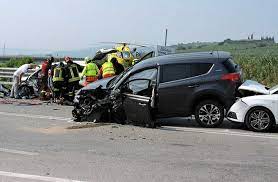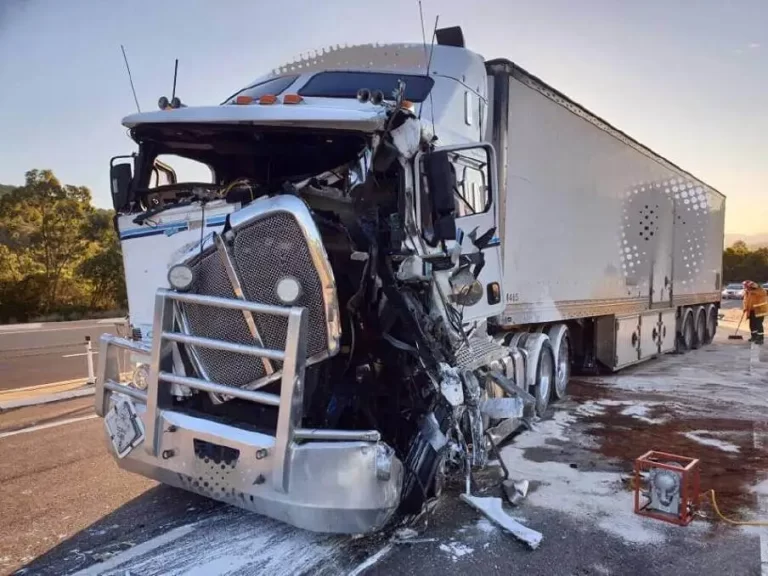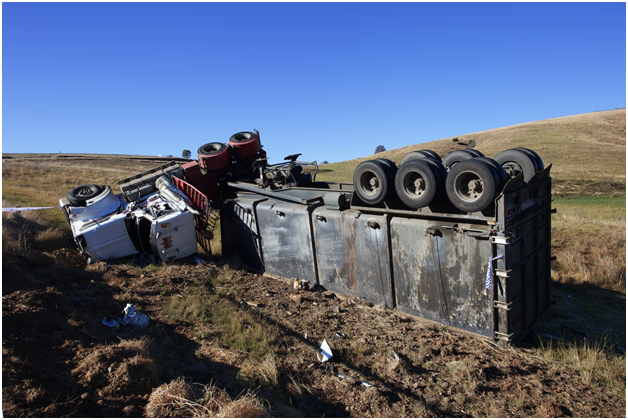What You Need to Know About Filing a Personal Injury Claim After a Car Accident
Getting hurt in a car accident can be devastating. Not only do injuries cause pain and suffering, but they also lead to medical bills and lost wages.
Documenting expenses or time away from work is critical to secure adequate reimbursement for your injury claim. Here’s everything you need to know about filing a personal injury claim following a car accident.
Contact an Attorney
After the police report has been filed and you have received medical attention, contacting a personal injury law firm is a good idea. They can also negotiate a fair settlement or file a lawsuit to help you get your deserved compensation.
Car accidents are stressful enough without dealing with mounting bills from missed work, medical expenses, and vehicle damage. A skilled attorney can aid you in determining how much your crash-related losses are worth and fighting for the maximum compensation.
Remember, seeing a doctor immediately is essential, even if you think your injuries are minor. Skipping a doctor’s appointment could mean that internal injuries go undetected and lead to severe or life-threatening complications. In addition, a doctor’s visit will create a medical report that is valuable evidence in your case.
File a Police Report
You must file a police report as soon as possible after your accident. This document can be the foundation of your insurance claim, so it is critical to get this right.
When law enforcement officers show up at the scene of a car accident, they will take down basic information from all involved parties and conduct a brief investigation into the cause of the crash. If there are any statutory violations (such as violating a traffic law), the officer will note them in the report.
In addition to submitting the police report, you should photograph the damage to all vehicles involved in the accident and any injuries you have incurred. Make an effort to speak with any willing witnesses as well. They can provide important information about the accident and its cause.
Seek Medical Attention
A medical exam is the most critical step after a car accident. It will identify your injuries, ensure you obtain appropriate care, and act as necessary documentation in your claim. This can include X-rays, doctor’s notes, and any other documentation related to your treatment.
Even minor symptoms, like headaches, aches, or pains, can be signs of a severe injury. If you wait to see a doctor, your condition could worsen and make the recovery process longer and more complicated.
Get all drivers’ contact information, including insurance and registration information and license plate numbers. Also, take photos of the accident scene, including damage to each vehicle, road conditions, and anything else that might help tell your side of the story. Ask witnesses for their information, as well. You should also ask them what they saw and take notes.
Contact Your Insurance Company
It is essential to contact your insurance company immediately after a car accident, regardless of who was at fault. It would help if you did this while still at the accident scene to provide as many details about property damage and personal injuries as possible.
Insurance companies want you to provide a recorded or written statement about the accident. Avoid giving these statements if possible, as they can be used against you later in the settlement process.
Your insurance can cover medical bills incurred due to the accident, repair the damages to your vehicle, and cover a rental car while repairs are made. Depending on your policy, they can also help with the deductible or copay of your health insurance. They can even help pay for lost wages if your injury is work-related. This is why it is so important to have full coverage auto insurance and personal injury protection (PIP) or medical payments (MedPay) coverage in place.





